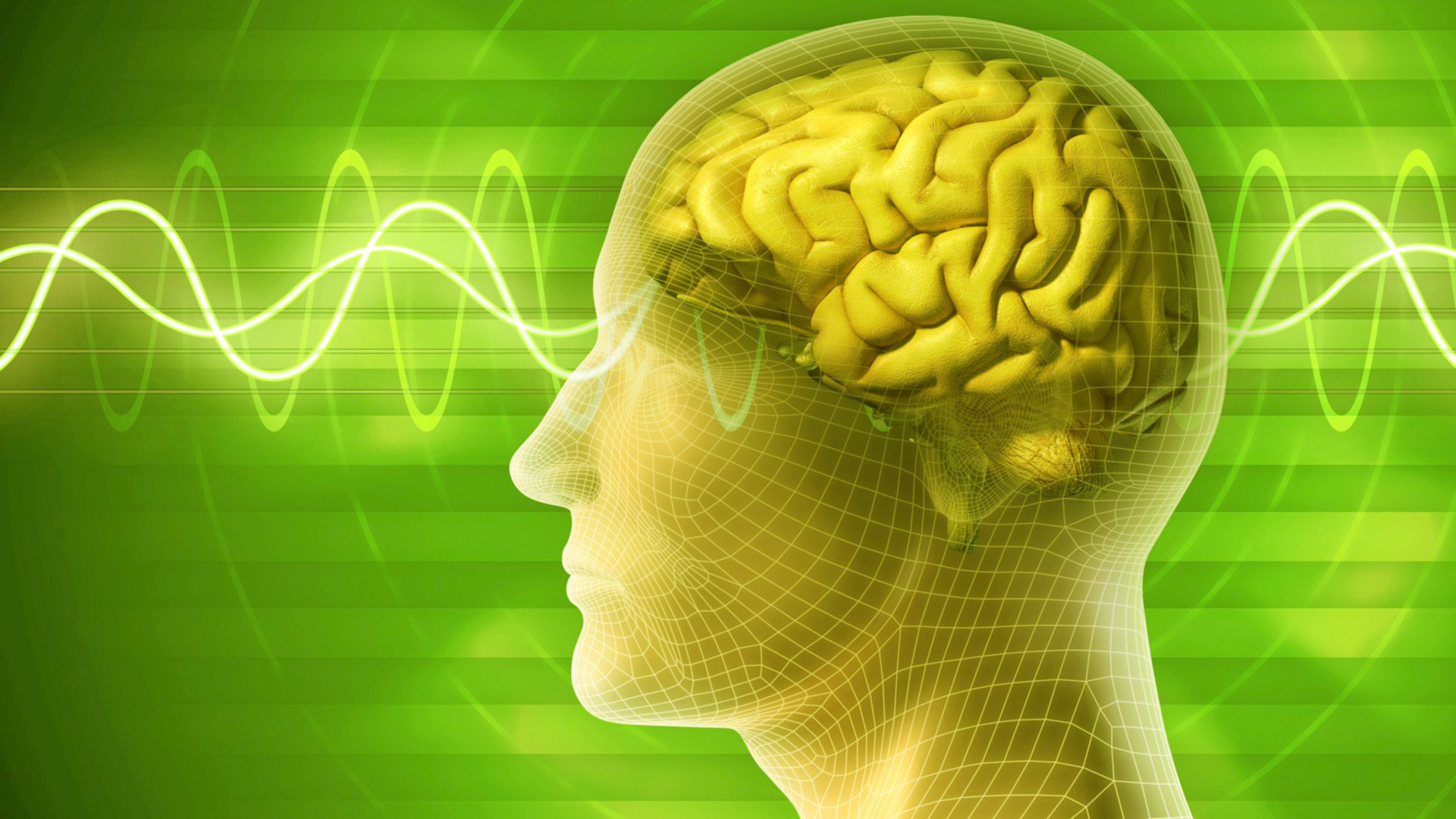Investigating How Sleep Disorders Disrupt Brainwave Activity and Affect Mental Function
Investigating How Sleep Disorders Disrupt Brainwave Activity and Affect Mental Function
Blog Article
Slumber is an essential part of our daily lives, allowing our physical selves and mental faculties to rest and rejuvenate. However, many people suffer from sleep disorders, which can considerably disturb sleep patterns. These disorders can lead to multiple issues, including changes in brainwave activity. Neural waves are electrical impulses in the mind that reflect our mental state and function. When sleep is interrupted, the normal patterns of brainwaves can be affected, resulting to problems with cognitive function, such as recall, attention, and decision-making.
There are various types of sleep disorders, including sleeplessness, sleep apnea, and unsettled leg syndrome. Insomnia is defined by difficulty going or remaining asleep, while sleep apnea involves pauses in breathing during slumber. Restless leg syndrome induces uncomfortable sensations in the limbs, leading to an compelling urge to shift them. Each of these disorders can disturb the natural sleep cycle, which comprises of different stages, including shallow sleep, deep sleep, and REM (rapid eye movement) slumber. Each stage holds a crucial role in preserving overall brain health and function.
When slumber disorders interfere with these stages, neural wave activity can become erratic. For example, during profound sleep, the mind produces gentle delta waves, which are essential for physical restoration and recall consolidation. If a individual experiences repeated awakenings or does not attain deep sleep, the generation of these delta waves is diminished. This can lead to challenges in learning new knowledge and retaining memories. Additionally, REM sleep, which is associated with fantasizing and affective processing, is also affected. Interruptions in REM sleep can result to problems with emotional regulation and inventiveness.
The impact of sleep disorders on mental function is substantial. Research has demonstrated that people with slumber disorders often experience challenges with attention and focus. This can influence their performance at educational institutions or work, making it challenging more tips here to finish tasks or participate in discussions. Furthermore, chronic slumber deprivation can result to emotional changes, heightened stress, and even nervousness or depression. These cognitive and affective challenges can create a vicious cycle, where poor sleep leads to mental difficulties, which in turn can result to more sleep problems.
Addressing slumber disorders is crucial for improving neural wave activity and cognitive function. Therapeutic options may include lifestyle changes, such as creating a consistent sleep schedule, creating a cozy slumber environment, and practicing relaxation techniques. In some cases, medical intervention may be required, such as employing a CPAP machine for sleep apnea or medication for sleeplessness. By valuing sleep and seeking appropriate care, people can improve their overall cognitive abilities and improve their quality of life. Comprehending the relationship between sleep disorders, brainwave activity, and mental function is an essential step toward improved health and well-being.